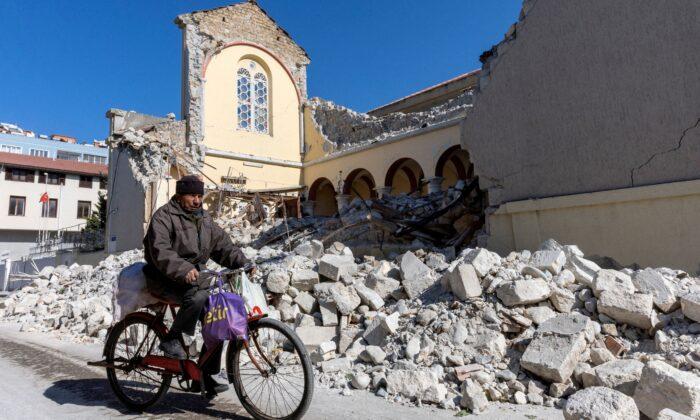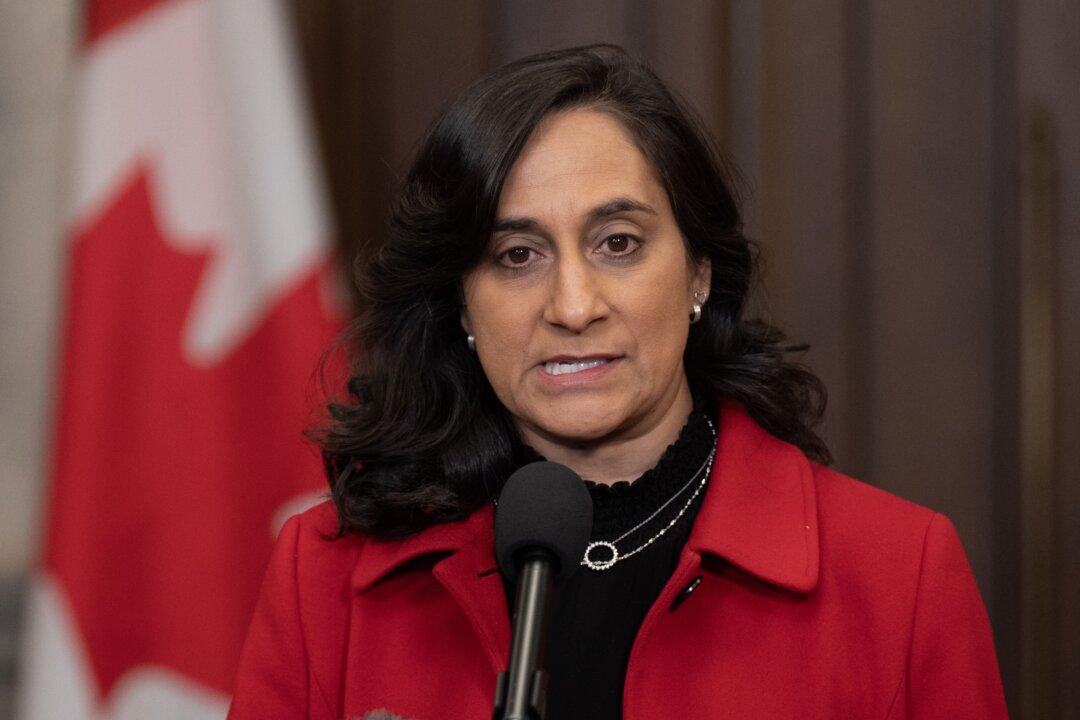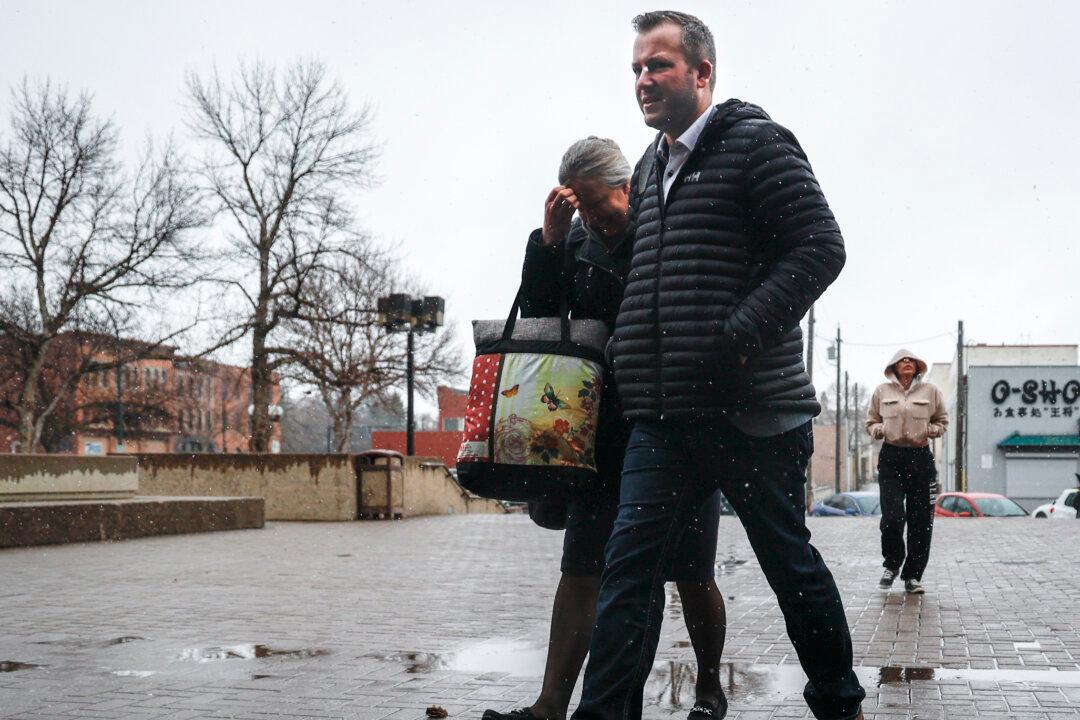“People who have been impacted will benefit from special treatment in their application to come and receive temporary protection in Canada, including the family members of people who are here,” Immigration Minister Sean Fraser announced during a press conference in Mississauga, Ont., on March 18.
On Feb 6, two major earthquakes hit the Kahramanmaras district of Turkey, killing more than 50,000 people in the country and neighbouring Syria. An estimated 500,000 Syrians have left their homes due to the earthquakes, while over 1.9 million people in Turkey are staying in temporary accommodation shelters.Beginning on March 29, 2023, Turkish and Syrian nationals who has temporary Canadian residency will be able to study, work, or visit family by applying for an extension of their stay. Nationals already in Canada will have an open work permit pathway made available to them.
The requirement for permanent residence applications to hold a passport or travel document will also be waived, according to a March 18 release from Immigration, Refugees and Citizenship Canada (IRCC), saying “some permanent residence applicants have lost their travel documents as a result of the earthquakes.”
Fees for temporary passports, limited-validity passports or emergency travel documents, and Canadian citizenship certificates and permanent resident travel documents will also be waived.
As of Feb. 8, 2023, IRCC says there were nearly 16,000 clients with applications in progress from Turkey and Syria. Approximately 1,700 of those—including 750 permanent and 920 temporary residents—were from the areas impacted by the earthquakes.
On Feb. 24, 2023, Canada announced an additional $20 million in funding to help support “a range of critical humanitarian activities and a timely, effective and coordinated humanitarian response in both Turkey and Syria.”






Friends Read Free